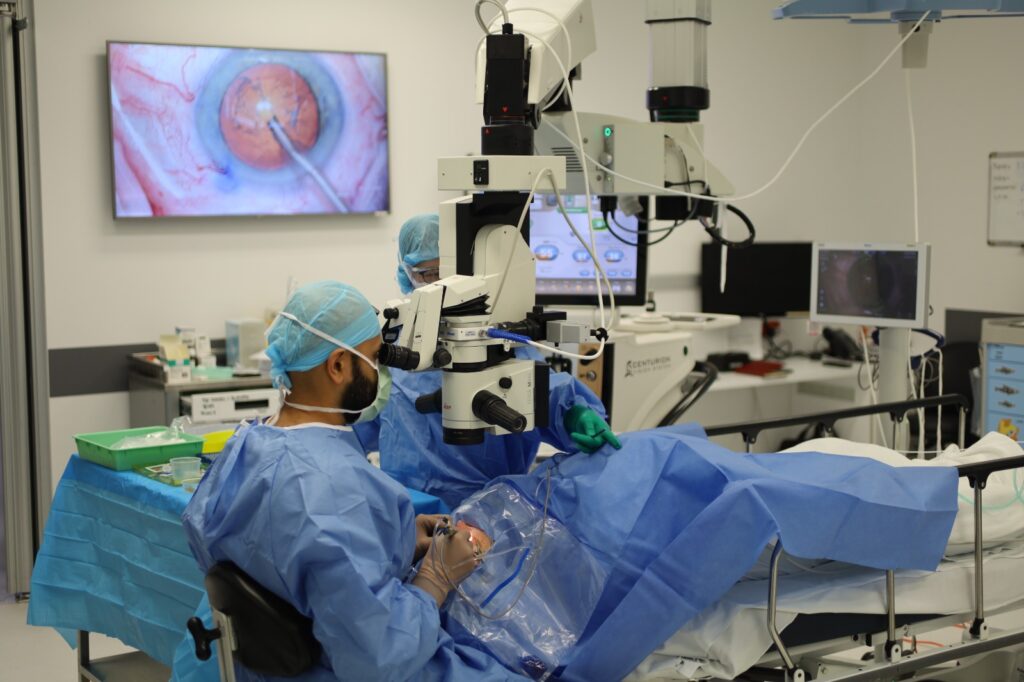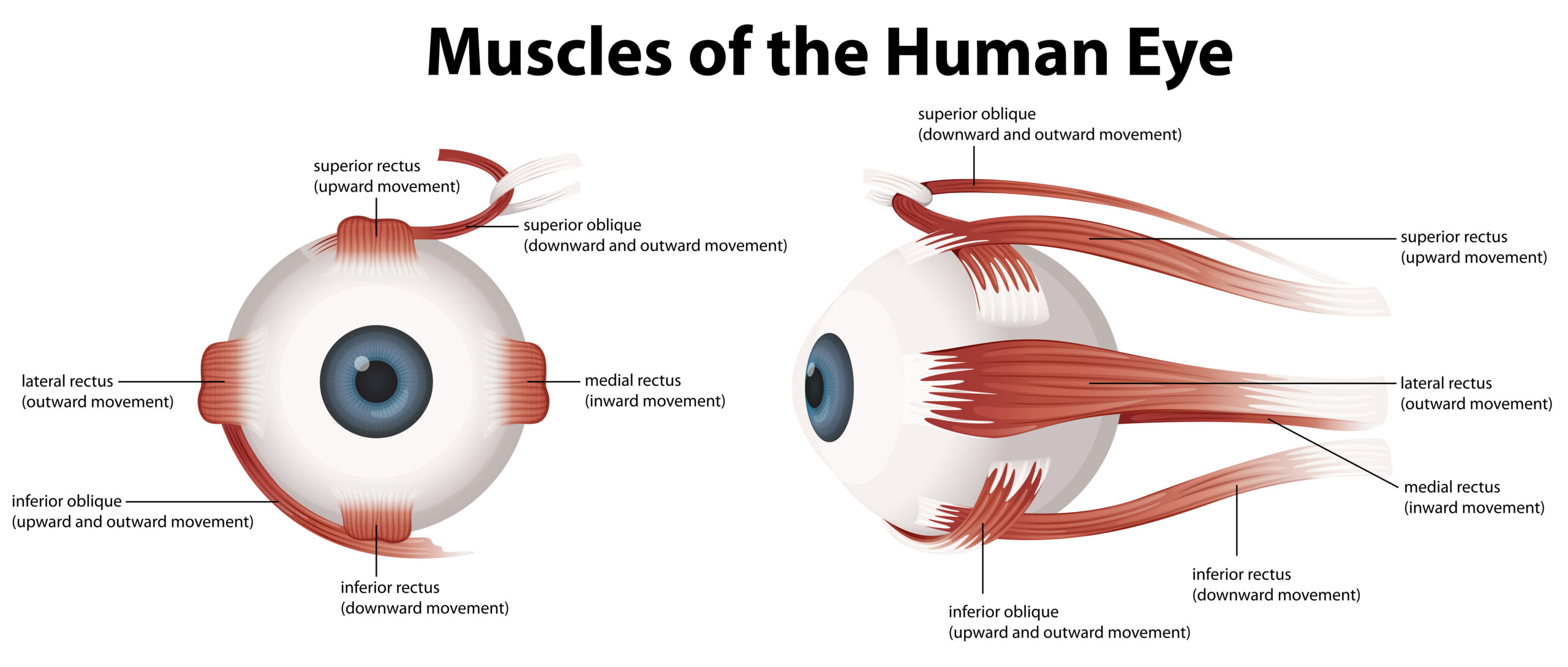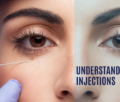Table of Contents
Are you a patient with diabetes who needs cataract surgery? Read on to learn about the risks, benefits, and considerations for this procedure.
Cataracts are a common eye condition that affects millions of people worldwide. They occur when the natural lens in the eye becomes cloudy, leading to blurry vision and difficulty seeing. While cataracts can occur at any age, they are more common in older adults and those with certain health conditions, such as diabetes.
Diabetes is a chronic condition that affects the body’s ability to regulate blood sugar levels. It can cause damage to various organs, including the eyes. Diabetic retinopathy, a condition that damages the blood vessels in the retina, is a common complication of diabetes that can lead to vision loss. For patients with diabetes, cataracts can be an additional challenge.
In this article, we will explore the topic of cataract surgery for patients with diabetes. We will discuss the risks and benefits of this procedure, considerations for patients with diabetes, and answer some frequently asked questions.
Risks and Benefits of Cataract Surgery for Patients with Diabetes:
- Delayed healing: Patients with diabetes may have a slower healing process than those without diabetes. This can increase the risk of complications after cataract surgery, such as infection or bleeding.
- Worsened diabetic retinopathy and diabetic macular oedema: Cataract surgery can worsen existing diabetic retinopathy in some patients. It is important for patients to discuss this risk with their ophthalmologist before undergoing cataract surgery.
Considerations for Patients with Diabetes:
Patients with diabetes who are considering cataract surgery should discuss their options with their ophthalmologist. Here are some considerations to keep in mind:
- Blood sugar control: Optimal blood sugar control is essential for a successful cataract surgery outcome. Patients should work closely with their healthcare provider to manage their blood sugar levels before and after the procedure.
- Medication management: Patients with diabetes may need to adjust their medication dosages before and after cataract surgery. It is important to discuss these changes with a cataract surgeon and the anaesthetist (anesthesiologist).
- Additional treatment at the time of surgery: some patients with diabetes may benefit from intravitreal injection of steroid at the completion of cataract surgery, to reduce diabetic macular oedema.
- Pre-operative evaluation: Patients with diabetes may need additional pre-operative testing, such as an electrocardiogram or a chest x-ray. This is to ensure that the patient can have surgery performed safely.
- Post-operative care: Patients with diabetes may need more frequent follow-up appointments after cataract surgery to monitor for complications and ensure that the healing process is progressing as it should. They may also be prescribed additional eye drops to reduce macular oedema (e.g. a non-steroidal anti-inflammatory drop). It is important to follow all post-operative instructions from the ophthalmologist, including proper eye care and medication management.
Benefits of Cataract Surgery for Patients with Diabetes:
- Improved vision: Cataract surgery can improve vision and quality of life for patients with diabetes. Clearer vision can make it easier to manage diabetes by allowing for better monitoring of blood sugar levels and medication dosages.
- Reduced risk of falls: Cataracts can increase the risk of falls, especially in older adults. Removing cataracts can reduce this risk and improve overall safety.
FAQ
Q: Can patients with diabetes undergo cataract surgery?
A: Yes, patients with diabetes can undergo cataract surgery. However, they may have an increased risk of complications, so it is important to discuss the risks and benefits with an ophthalmologist.
Q: How long does it take to recover from cataract surgery?
A: Recovery time can vary, but most patients can resume normal activities within a few days to a week after surgery. However, patients with diabetes may have a longer healing process, so it is important to follow all post-operative instructions from the ophthalmologist.
Q: Is there anything I can do to prepare for cataract surgery as a patient with diabetes?
A: Yes, patients with diabetes can take steps to prepare for cataract surgery, such as managing blood sugar levels as optimally as possible, adjusting medication dosages as needed, and discussing any concerns with their cataract surgeon.
Conclusion:
Cataract surgery can be a beneficial procedure for patients with diabetes who are experiencing vision problems due to cataracts. However, it is important to consider the risks and benefits, as well as any additional considerations for patients with diabetes. By working closely with an ophthalmologist and following all pre- and post-operative instructions, patients with diabetes can safely undergo cataract surgery and improve their quality of life.













